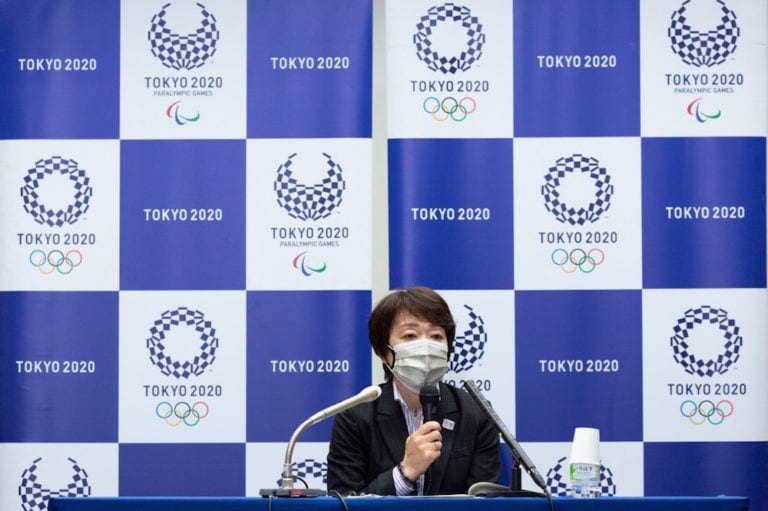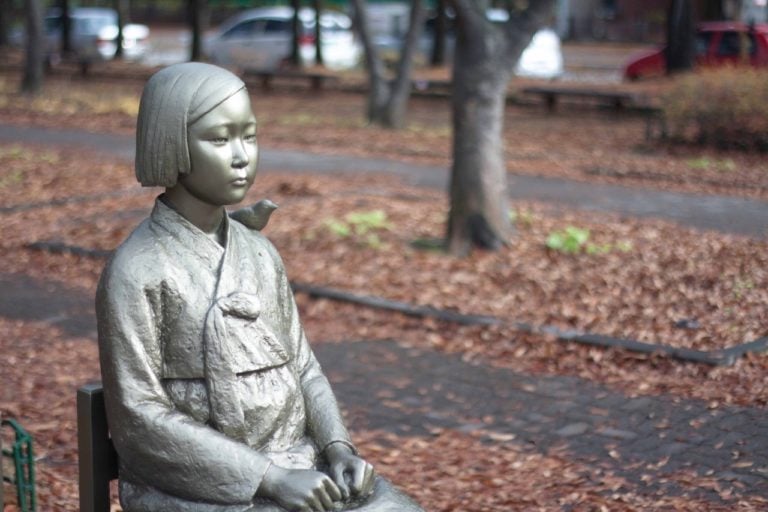The Japanese Parliament is urged to reject the pending Special Secret Protection Bill, which violates international standards on freedom of expression and the right to information.
UPDATE from Committee to Protect Journalists: Bill to stifle flow of information poised to pass in Japan (3 December 2013)
ARTICLE 19 urges the Japanese National Diet (Japanese Parliament) to reject the pending Special Secret Protection Bill. The bill violates international standards on freedom of expression and the right to information.
Approved by the Cabinet in October and being heard by the Diet this week, the bill currently includes several provisions that violate international law protecting freedom of expression:
* The definition of protected information is overly vague. It is being applied to anything relating to defence, diplomacy, “harmful activities” and “terrorism” and would allow the authorities to hide information about environmental hazards, human rights abuses, corruption and other areas protected by international law.
* Information could be classified as a ‘special secret’ indefinitely by allowing it to be repeatedly classified every five years.
* Whistleblowers face up to ten years imprisonment with no possibility of any public interest defence.
* Journalists can be prosecuted for revealing classified information even if they demonstrate that it is in the public interest.
* The safeguards proposed in Article 21 are extremely weak. They call on the authorities only:
– not to violate human rights “unreasonably”,
– to “fully take into account” freedom of expression without defining what that means,
– to only consider releases which “aim to benefit public interest” as legal something which the authorities themselves would decide.
This bill comes in the wake of the Japanese authorities’ failure to release full and timely information about the tragic events at the Fukushima Nuclear Reactor, which resulted in preventable deaths. In his 2013 report on Japan, the UN Special Rapporteur on Health was critical of the numerous barriers that the authorities imposed on the public’s access to information about the disaster. ARTICLE 19 believes that this bill would further encourage the authorities to keep vital and potentially embarrassing information private.
ARTICLE 19 urges the Diet to reject the current bill and ensure that Japanese law is consistent with international law which requires that:
* Information deemed secret is strictly limited and used only to protect a legitimate national security interest for a limited period when there is a real and identifiable risk of significant harm,
* Information is made public when it is in the public interest to do so, even if it is classified,
* Whistleblowers are protected from releasing information in the public interest,
* Journalists are not held liable for publishing any information in the public interest, even if it is classified,
* ‘Public interest’ is broadly defined as anything that substantially contributes to public debate and accountability.
More information:
The Johannesburg Principles on National Security, Freedom of Expression and Access to Information
The Global Principles on National Security and the Right to Information (The Tshwane Principles)


